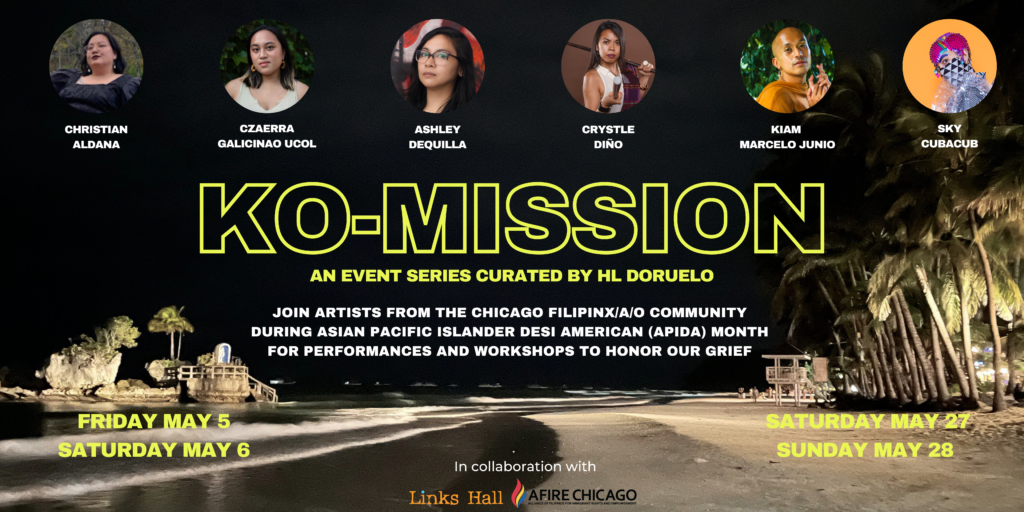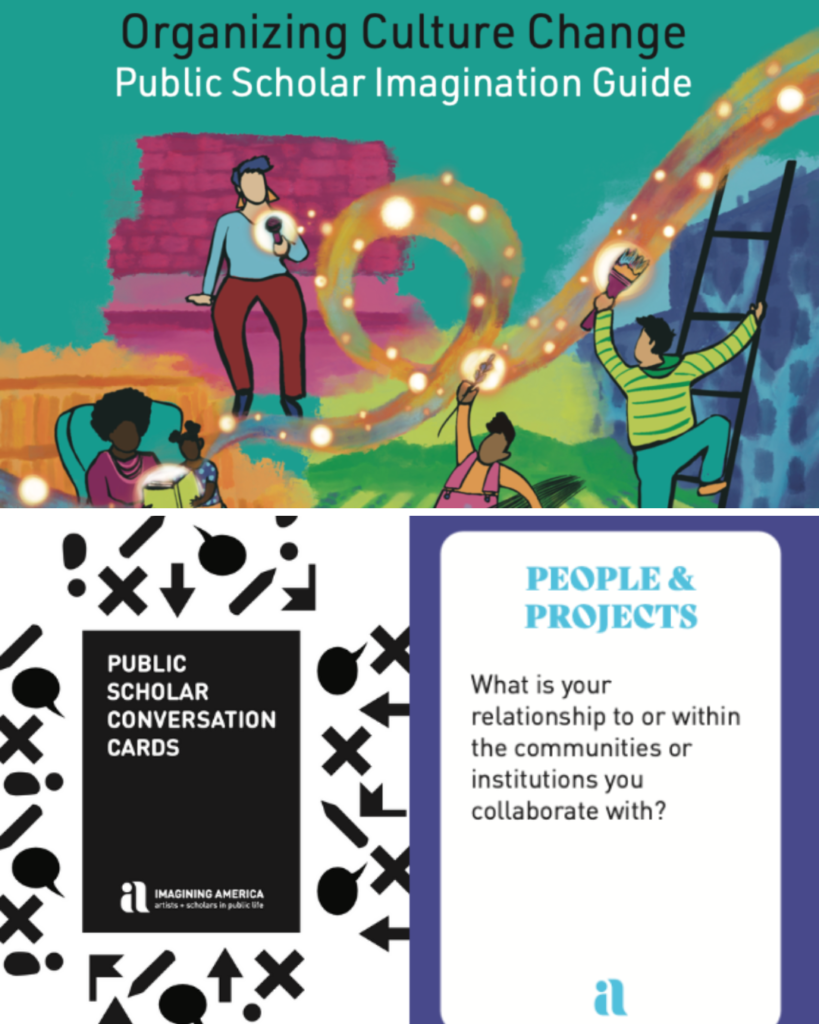Building a Community of Imposters
HL Doruelo (they/them/siya)

When I began my masters in Performance Studies at NYU in 2021, I had been out of school for nearly five years and felt anxious about entering a classroom environment again. Although I was surrounded by a majority BIPOC cohort and faculty, I still struggled with feeling like I was smart enough to be in the program and academia at-large. Many would diagnose these feelings as imposter syndrome.
While I name my struggle with belonging and doubt as imposter syndrome, I hesitate to pathologize my experience as merely a personal affliction to rise above. As a queer disabled trauma survivor, I often find that individualized frameworks obscure the social conditions designed to make one feel alienated, anxious, or depressed. This decontextualizes suffering from the very systems of oppression that produce it.
The University seduces us with stories of resilient scholars who, against all odds, overcome adversity by their bootstraps. Through a culture of individualism, it maintains its power as the authority on knowledge production by imposing narrow definitions of how a scholar should look, think, and behave. We are taught to believe that our success as scholars depends on assimilating to these standards and to see one another as competition.
Rather than treating imposter syndrome as isolated events, I am curious about what openings emerge from mobilizing our shared experience. Why focus on improving self-confidence in order to get ahead individually? Here is an opportunity to turn towards each other and collectively transform the culture and relations within, beyond, and in spite of the institutions we are affiliated with. How can we embrace being imposters, take back what we can from the University, and share knowledge and art that serves our communities?
Relationships live at the heart of my work as a grassroots organizer, artist, scholar, and educator, with storytelling as the pulse that generates collaboration, collective re-membering, and collective action. How we narrate our reality deeply affects how we move through the world and what we imagine is possible. My scholarly and creative labor thus engages queer of color and abolitionist critiques of violence to map stories and practices of collective care and grief in the Philippine diaspora.
I spent my time away from higher education learning and organizing with my Filipinx community of immigrant domestic workers, queer youth, anti-Martial Law activists and artists in Chicago. Together, we built intergenerational storytelling spaces for relationship-building, reciprocal care, political education, leadership development, collective healing and action. I am grateful for these relationships forged in struggle and to know whom I am accountable to.
Care is neither abstract, nor disembodied—public scholarship demands that we actively tend to, protect, and nurture community relations every day. As a PAGE fellow and PhD student in Ethnic Studies at UC Riverside, I am committed to building a community of imposters inside the University to fiercely care for ourselves, our communities, and the world we share as we work towards the future we desire.
Public scholarship that guides me:
Robyn Rodriguez, “Be The Imposter: Ancestral Wisdom for Renegade Researchers”
Chris Aldana, The Water We Swim In
Dylan Rodriguez, “Abolition as Praxis of Human Being: A Foreword”
Neferti X. M. Tadiar, Remaindered Life
Mariame Kaba, We Do This ‘Til We Free Us
Eve Tuck, “Suspending Damage: A Letter to Communities”
M. Jacqui Alexander, Pedagogies of Crossing: Meditations on Feminism, Sexual Politics, Memory, and the Sacred
Diana Taylor, ¡Presente! The Politics of Presence
Fred Moten and Stefano Harney, The Undercommons: Fugitive Planning & Black Study
Cherríe Moraga and Gloria E. Anzaldúa, This Bridge Called My Back
Shawn Wilson, Research Is Ceremony: Indigenous Research Methods



HL your self-awareness and inclusion of your myriad of identities and full self is so refreshing and liberating! Thank you! Yes, Imposter syndrome is something that plagues many artists, but to see how you approach it with such a sense of curiosity and humanity and how you tie in community is really something! I am particularly struck by your commitment to building communities with care. Cultures of care and building community are both things that I put at the forefront of my work as well. I look forward to sharing space with you and learning more about your work.
Hello HL, thank you so much for sharing your story and being vulnerable with your audience! Like you, I had a winding postgraduate journey, and I often struggled with imposter syndrome during my gap years. Although my friends experienced similar feelings, we never really allowed ourselves the opportunity to truly reflect on our collective situation. While emotional support is important, I think in hindsight it was easier to give each other reassuring compliments than to sit down and dissect the underlying social conditions and external pressures that led to our situation. It was comforting to hear your perspectives of academia because it reinforced the concept that imposter syndrome is both an individual and communal struggle. I hope I can attend one of your storytelling spaces, like KO-MISSION! I would love to hear about specific ways that we can practice collective care and nurture support in each other.
Beautifully stated! What you say about imposter syndrome is real and it’s a prevalent issue within both academic and artistic spaces, especially for many BIPOC people. These institutional systems we are a part of were not designed for us, but that is where publicly engaged work is important. Although we may work within these spaces it is important to be conscience of our existence outside these spaces as well- the places where our communities live, work, play, love, create, and come together. These are places to help nourish our spirits when we are navigating through these institutions. Miigwech for all of your honesty and heart work!